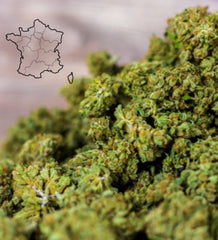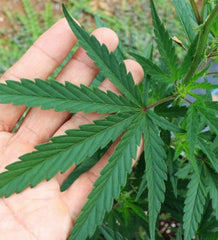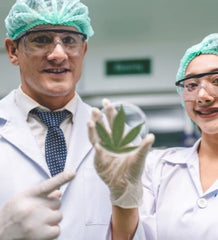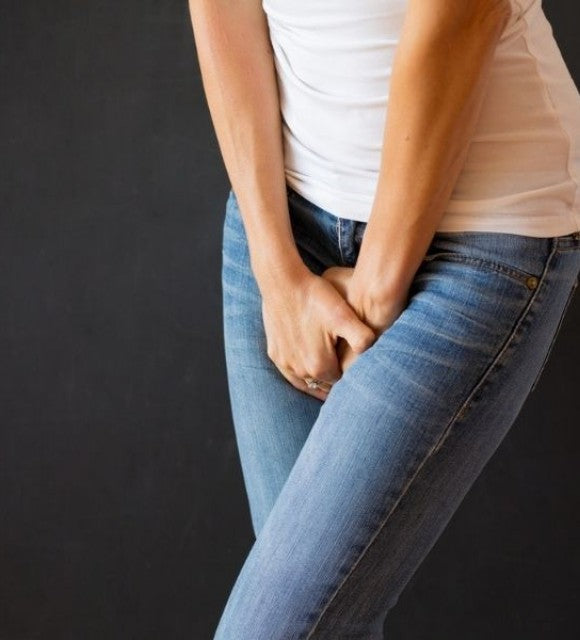
Cannabis and incontinence
What is incontinence?
Before discussing remedies, it is very important to understand the causes of such an annoying problem as incontinence. In reality, it is a urinary disorder that affects both sexes and presents itself in different forms:
- Stress incontinence: occurs when there is unexpected pressure;
- Urge incontinence: the need to urinate becomes urgent;
- Incontinence manifesting through overflow;
- Overactive bladder: This incontinence is generally marked by frequent contraction and hypersensitivity of the bladder.
Causes of incontinence
As for the causes of incontinence, know that this health problem is mainly due to muscle relaxation and poor neurological response. Signals that are not transmitted properly can actually cause chronic incontinence, especially in older people.
Note that there are, however, several factors that trigger or promote incontinence. Here are the most serious:
- spices, soft drinks and alcohol;
- pregnancy, childbirth or hormonal imbalance in women;
- sedentary lifestyle;
- certain medications;
- and some neurological conditions and disorders.
Of course, the causes of incontinence can vary from one person to another.
How does CBD work on the urinary system?
Now that you know more about incontinence problems, it's time to talk about remedies and discover how CBD positively affects the urinary system. Please note that CBD is not intended to replace medical treatment, but it can help you in a gentle and natural healing process.
It's important to understand that the ECS (endocannabinoid system) is a system packed with receptors naturally present in the human body. Called CB1 and CB2, these receptors respond perfectly to the presence of CBD in the body and are also connected to the urinary system, which explains the relationship between incontinence and cannabidiol.
Furthermore, it is important to know that several bladder organs are naturally equipped with these receptors and can therefore also react to the consumption of cannabidiol. We are referring in particular to the following functions:
- the entire bladder;
- the central nervous system;
- brain compartments responding perfectly to signals from the bladder.
What is the real link between incontinence and CBD?
As we explained above, incontinence is a health problem very often due to a reception problem between the nervous system and the bladder. However, the bladder is an organ particularly sensitive to CBD which seems to react effectively to the signals sent by the receptors.
In other words, taking CBD allows signals to be sent to the bladder to improve its contractility, which contributes in the long term to its progressive control and, consequently, to the relief of incontinence.
Some scientists have highlighted the fact that other cannabinoids can also positively affect bladder function. The most promising results concern the use of CBG (cannabigerol) for incontinence.
Used wisely, the latter could provide a concrete and much more effective improvement in bladder function. Although studies are still ongoing, the results are very encouraging for the future.
As you can see, there's a real scientific link between incontinence and cannabis use, and this is an extremely positive and promising aspect for the future. Used therapeutically, CBD could indeed relieve incontinence as well as other urinary problems associated with nervous system dysfunction.
What type of CBD should I use to relieve incontinence?
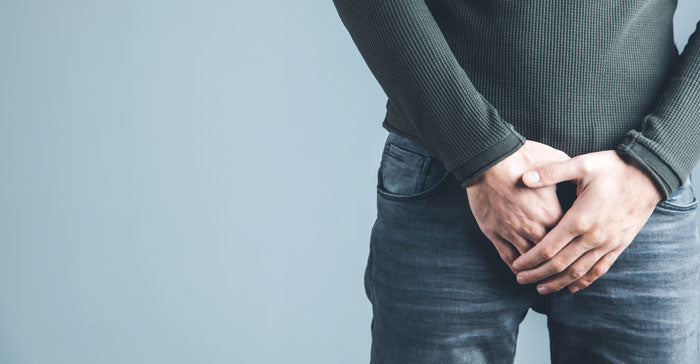
CBD is a substance that can be found in several formats, and more importantly, can be consumed in different ways. Indeed, whether for cosmetic purposes, therapeutic purposes, or even medicinal purposes such as incontinence prevention, cannabidiol can definitely be used for several purposes.
Wondering which type of CBD is best for incontinence relief? In reality, all forms of CBD will provide the same benefits, so you should make this choice based on your personal preferences and habits.
- CBD capsules: they are easy to ingest and help avoid dosage errors;
- CBD flowers : they can be consumed as an infusion or through a vaporizer;
- CBD oil : it can be incorporated into your culinary preparations or placed directly under the tongue.
If you have your doctor's approval, you can use CBD as a supplement to your incontinence treatment. This blend will further stimulate the bladder and its transmission of signals to the brain, resulting in a significant improvement in the condition.
Of course, there are other CBD products such as creams and gels. However, we advise against using creams, gels, or other skin applications of CBD as they will have virtually no effect on your incontinence problem.
What are the recommended doses of CBD for incontinence relief?
Using CBD for therapeutic purposes is safe for health, provided you follow a certain dosage. Whether it's for stress relief, anxiety relief , or incontinence relief, CBD should always be consumed in small amounts when you're starting out.
To relieve your incontinence problems with CBD, the best solution is to opt for a gradual dosage.
For example, you can start with a microdose and then a normal dosage after a few weeks of consuming CBD. The goal is to gradually accustom your body to the effects of cannabidiol, without forgetting your bladder, which must also gradually adapt to the activation of the signals.
As you can see, there is a rather special link between incontinence and cannabidiol, even if scientists still seem to be researching it. With anti-inflammatory , antioxidant, anti-stress and cell regenerative benefits, CBD can help you relieve incontinence and bladder problems in a completely natural way.



